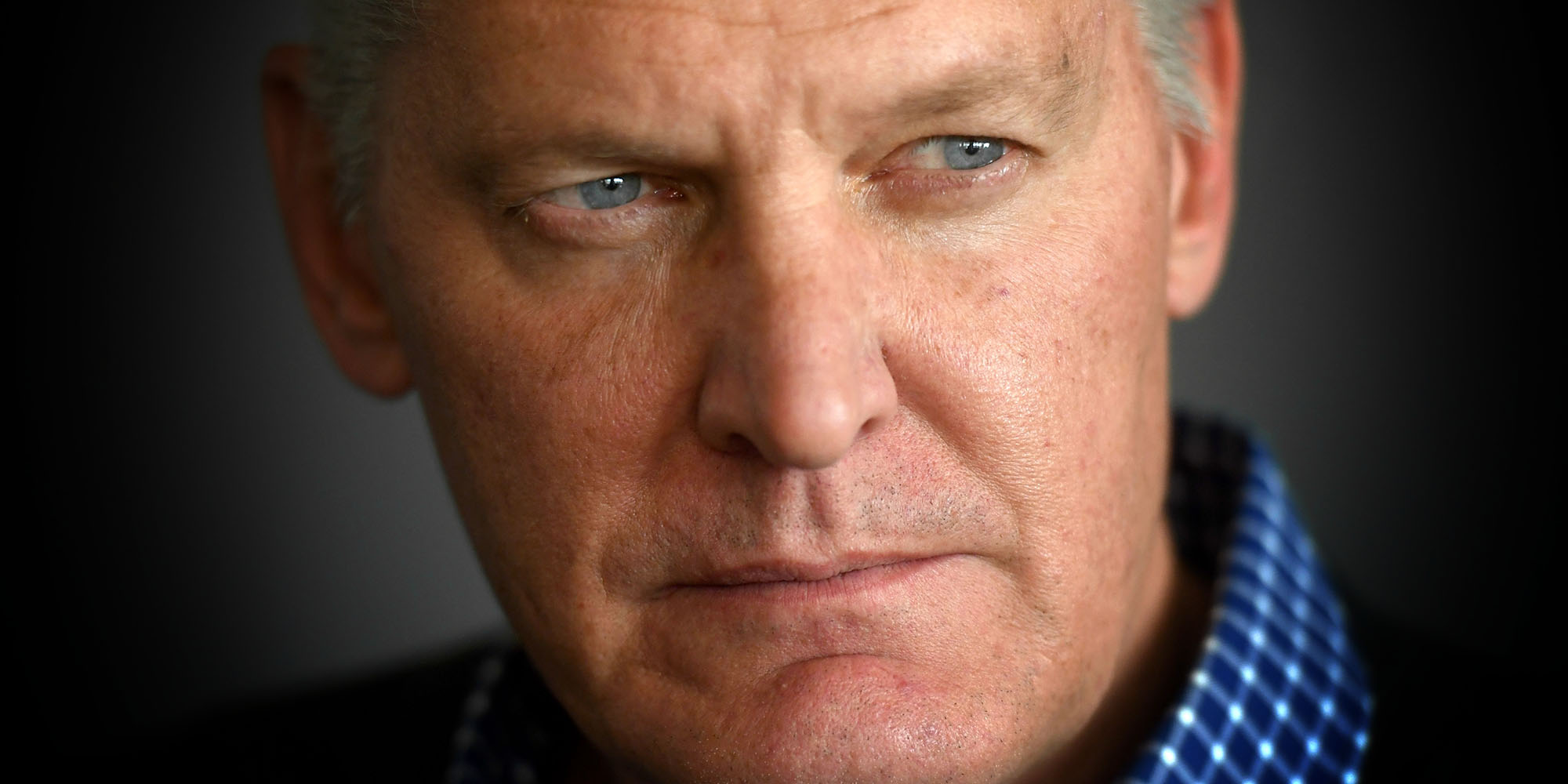As a journalist, I have always found André De Ruyter to be extremely circumspect and guarded in his public comments. In the past three years as CEO, he has bent over backward to be respectful in his public persona. Despite repeated attempts by different members of the press, De Ruyter has resisted entering the political arena and has been discreet to a fault. Clearly, he was holding a lot in.
But over the past few weeks, with the end of his term looming, the gloves have come off. Presumably, that was not only the consequence of the end of his tenure, the attempt on his life, and perhaps more particularly, the ruthlessness with which he was cast aside and humiliated by the political elite when it became convenient for them to do so, i.e. when load shedding became unbearable.
Mineral Resources Minister Gwede Mantashe’s comment that Eskom management was “agitating for the overthrow of the state” will be forever freeze-dried in infamy.
If you haven’t heard the interview, do catch it here, because summaries don’t do it justice. Among the allegations De Ruyter makes are:
- Eskom is losing R1-billion a month to graft and theft.
- An unnamed senior member of the ANC, who is currently a sitting member of Parliament, is deeply involved.
- At least four organised crime networks operate in Mpumalanga which feed off Eskom. The crime networks have adopted “Mafia-like” characteristics, like calling each other “soldiers”.
- The policemen sent to investigate his poisoning were so inept and junior they confused a dose of cyanide with a sinus complaint.
- He was told by a minister in government it was “inevitable” that a portion of the $8.5-billion COP26 fund aimed at accelerating SA’s energy transition would be stolen.
Visit Daily Maverick's home page for more news, analysis and investigations
He also made a couple of absolutely flagrant political allegations and comments, some of which he acknowledged he had no extensive proof. For example, he was asked, “Do you think Eskom is a feeding trough” for the ANC?” to which he replied, “That’s what the evidence suggests.”
He also said that the ANC was still haunted by the ghosts of Marx and Lenin. Phrases that people had not heard since the 1980s were still common in the ANC, like using the term “lumpenproletariat” and addressing each other as “comrade”.
Right. So, now we are in battle mode and, consequently, we need to be a bit careful here.
Does De Ruyter have any incentive to go overboard? Well, of course he does. As he himself acknowledges, his term of office has been a failure – at least in terms of keeping the lights on. This is disheartening and he needs to think about his legacy.
Even though he was fantastically calm during the interview, he is obviously fuming, but, equally, he is understandably hurt, embarrassed and clearly feels let down.
Public Enterprises Minister Pravin Gordhan is clearly at fault here. But does that create an incentive to overstate the case? Of course it does.
Think, for a moment, what the consequences of his allegations would be if they are true. First, it would mean the ANC has learnt nothing from the past decade of increasing corruption and economic malaise. It would mean the party, incredibly, has not learnt that the population of South Africa expects the government to serve the people and not themselves; that corruption is still rampant in the party, and that party members now regard it as “inevitable”.
Second, it would mean that the billions spent on the Zondo Commission mean nothing, because the culture of theft and corruption continues. The findings, the learnings, as they are now called, are like a little bit of smoke in the wind.
And finally, that party members are setting up to steal money, or extort money, or unduly grant themselves contracts, or something, from the huge US/European Union fund intended to facilitate our energy transition.
Can I just tell you how unpopular that will be with the mandarins of Brussels? It suggests a massive misreading of how Europeans regard corruption. South Africans pretend to themselves that nobody cares if some money falls off the table.
But in my experience, Europeans actually care deeply about this, and the reason is not moral (or not only moral); it is also functional.
A number of European political parties govern by a thread. The smallest whiff of impropriety can cause a government to collapse. Just ask Boris Johnson. And, as we have seen from Qatargate, allegations can very quickly result in a whole bunch of European Parliamentary ministers ending up in jail just as quickly.
In response to the interview, the Eskom board cut short De Ruyter’s term of office by a month. No surprise there; the board is a function of the shareholders and, in this case, the only shareholder is the government. But in my opinion, it was the wrong thing to do because it suggests the board is complicit in the wrongdoing.
Minister in the Presidency Mondli Gungubele said: “I find that, unless he can demonstrate evidence, this is insulting.” He continued: “He [De Ruyter] knows that the ANC government is committed to cleaning up government.”
Well, given these new allegations, that actually now remains to be seen. BM/DM




 Former Eskom CEO André de Ruyter. (Photo: Gallo Images / Beeld / Deaan Vivier)
Former Eskom CEO André de Ruyter. (Photo: Gallo Images / Beeld / Deaan Vivier)